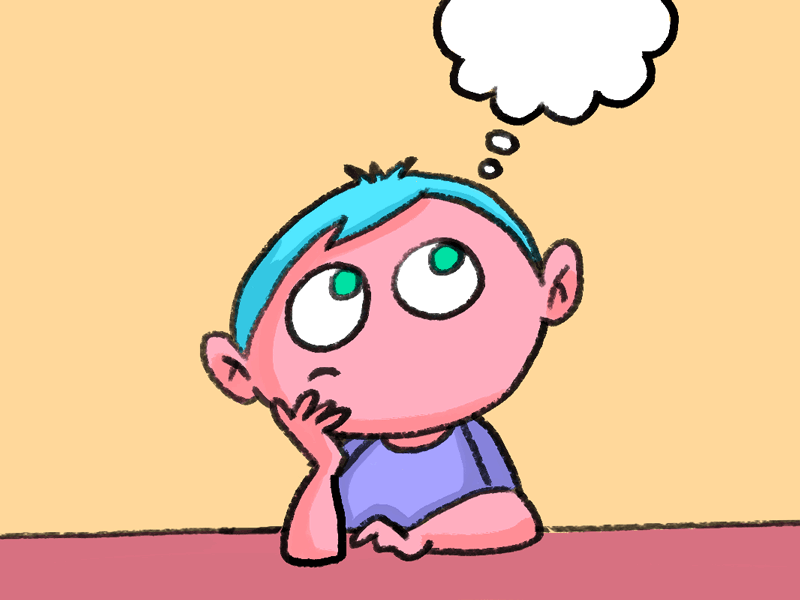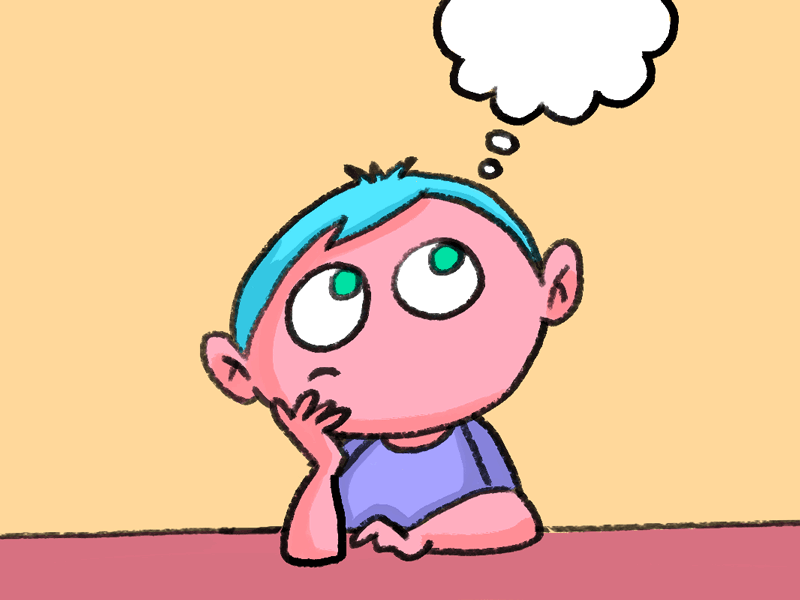Can We Really Learn To Write?
It's a question that's been asked by writers, students, and parents for decades. And this question is more relevant than ever. In today's world of short attention spans and fast-paced lifestyles, it seems like we're always running around trying to keep up with the pace of life—and it can be hard to slow down enough to actually focus on something as important as writing.

We all want to be better writers. And we all have the same goal: to improve our skills and craft our words in such a way that others will be compelled to read them, whether they're reading for work or pleasure.
But how do we get there? We’ve all heard about the writing process, but what does it really look like? Can we actually learn to write? It’s time to clear up some misconceptions about the art of writing, because there are many ways in which people think they can learn—and then they just end up feeling frustrated and discouraged instead of inspired and empowered.
For example, you might have heard that you should "write every day." This is not true. In fact, it's a myth that's been perpetuated by writers who want to sell you their books or eBooks. You shouldn't try to force yourself into a schedule where you write every day or even every week! You need time for self-discovery, reflection, and revision in order to produce good work.
Another common misconception is that if you don't start writing right away, your creative juices will be dry by the time you finish your first draft. Again: false! It takes time for ideas to form into stories and characters. You should be patient with yourself and your ideas as they develop—you may even find yourself coming up with more ideas than expected at first!

We need to understand that writing is not a skill you can learn; instead, it’s an act of discovery that takes place over time. The process of writing is as much about finding your voice as it is about honing your skills. In other words, if you want to become a great writer, you need to find out who your true self is—and then let that person write!
We also need to know that writing isn’t just about words—there are other factors that go into creating good content: grammar, spelling, punctuation. The more of these things you perfect the better! But don’t worry too much about these things right now: focus on getting started and making sure your body language is good for writing (standing up straight; sitting up straight; keeping your hands relaxed).
Lastly, we need to know that writing isn’t just about words—there are other factors that go into creating good content: grammar, spelling, punctuation. The more of these things you perfect the better! But don’t worry too much about these things right now: focus on getting started and making sure your body language is good for writing (standing up straight; sitting up straight; keeping your hands relaxed).

In Conclusion
Can we actually learn to write?
The answer is yes, we can learn to write. And the answer is no, we can’t just start writing and get good at it right away. But here’s what I mean by “we can learn to write”: even though it might be hard, there are ways in which you can improve your skills and become a better writer over time. The key is that if you stick with it and practice regularly, you will eventually be able to produce content that people will enjoy reading on their own time.
Let's end this with some basic facts: Writing is an art form, not a craft. It takes practice and skill to produce quality work, not just talent or natural ability. However, it is possible to improve your skills dramatically if you invest yourself in them. There are no shortcuts when it comes to learning how to write well!



Yes, one can learn writing. I'm a living example. I hated all writing tasks for more than half of my school years, then later on, during the last years of high school, it became okay. In uni, it was even getting easy... and then I started doing it for fun...